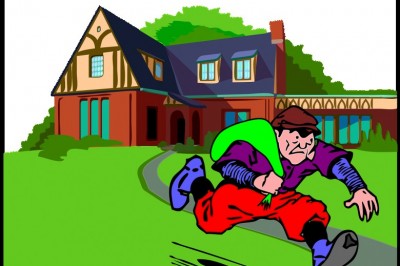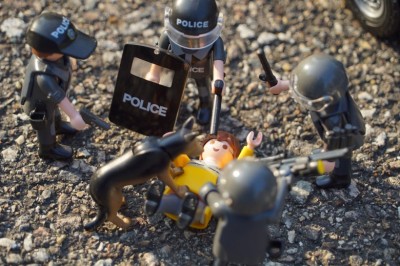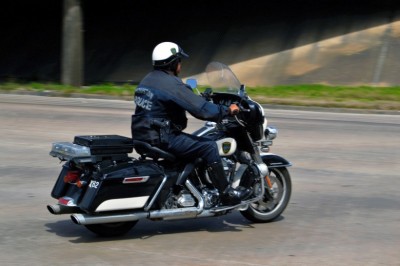Petty Theft, and Petty Theft with Prior
Petty Theft, and Petty Theft with Prior
Theft is the act of stealing goods. Petty theft involves stealing goods or services worth $400 or less and is charged as a misdemeanor for first time offenses. Where the value of goods stolen is less than $50, the misdemeanor may be reduced to an infraction. Where there is a conviction for a subsequent petty theft, that offense is a felony petty theft.
A misdemeanor is an offense punishable by a maximum of one year in county jail. An infraction is not punishable by imprisonment, nor does it become part of a criminal record. A felony is an offense punishable by imprisonment in the state prison. Some crimes are termed "wobblers." Wobblers are those crimes that may be punished as either a misdemeanor or a felony. A wobbler charged as a felony may be reduced to misdemeanor by motioning the court, so long as the person convicted did not go to state prison for that offense.
If it is not goods that are stolen, but rather services, the value of the services is determined by either the contract price, if there is a contract, or by a reasonable and going range of the services rendered.
Petty Theft
Petty theft is the act of stealing goods or services valued at $400 or less. A first offense is punishable by a fine up to $1,000 and/or imprisonment in the county jail up to six months.
An example of petty theft is the act of shoplifting. Shoplifting means taking something of value from a retail store. To commit shoplifting, one must have the intent to permanently deprive the merchant of the value of the merchandise. Shoplifting is often accomplished by concealing merchandise inside of a purse, pocket, bag, or any number of methods. Other examples of shoplifting include: switching price tags, changing the numbers on price tags, consuming food and then hiding the wrappers, leaving a restaurant without paying the bill, or wearing articles of clothing, concealing the tags, and walking out of the store.
Petty Theft, with Prior
Under California Penal Code Section 666, two or more offenses of petty theft may be charged as felony petty theft. Convictions for repeated petty theft offenders may include state prison sentences of up to 16 months.
Petty theft with a prior, also known as felony petty theft, makes it possible for someone convicted of a minor shoplifting crime to be charged with a felony if the person had been convicted of any theft-related offense at any time in the past. If the person so charged has two previous felony convictions, this in turn can result in a 25 years to life sentence under Californias Three Strikes Law (a.k.a. "Three Strikes, and Youre Out").
This law has resulted in some unusual scenarios. Some defendants have been sentenced to 25 years to life in prison for shoplifting golf clubs, videotapes, and even a slice of pepperoni pizza. Furthermore, the California the parole board has carte blanche to grant or withhold parole for any rational reason. This means a person could serve many, many years in state prison for a relatively minor offense (so long as the person had had two prior felonies). It is also possible for a defendant to be charged and convicted with two "third strikes" in the same proceeding, and to be given two separate sentences to run consecutively, which together make for a sentence of 50 years to life.























